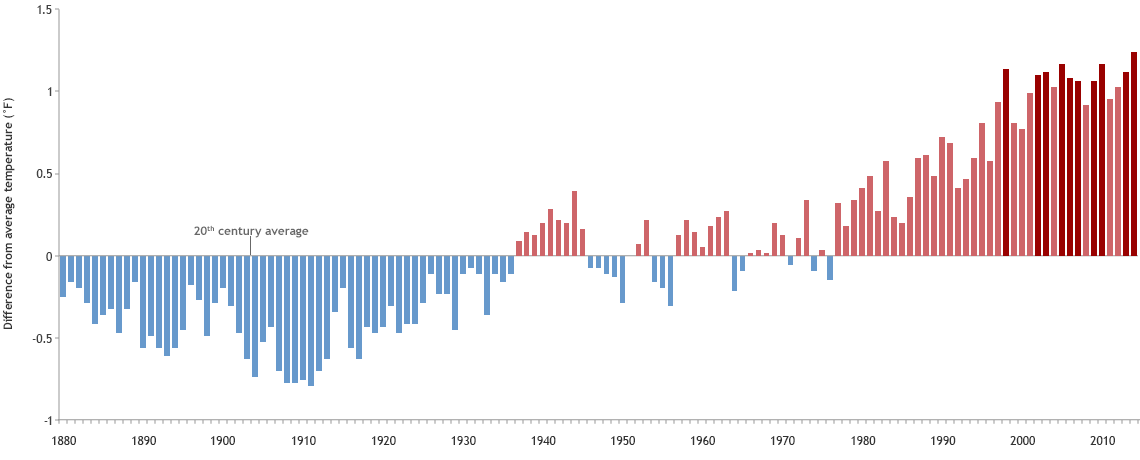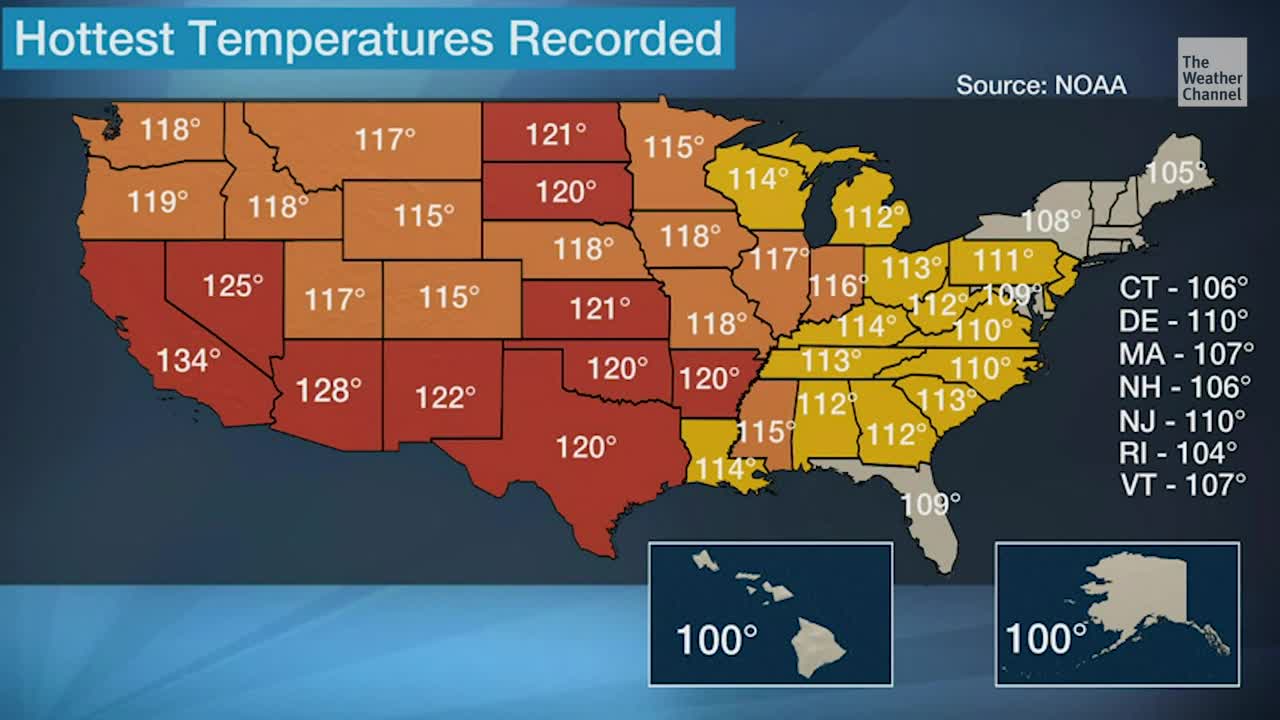


La Niña continues but is expected to abate by April

The global accumulated cyclone energy, or ACE - an integrated metric of the strength, frequency, and duration of tropical storms - was the fourth-lowest since 1981. Of those, 40 reached tropical cyclone strength (winds of 74 mph or higher) and 17 reached major tropical cyclone strength (winds of 111 mph or higher). Global tropical cyclones near average in number, below average in strengthĪ total of 88 named storms occurred across the globe in 2022, which was near the 1991-2020 average. Ocean heat content also produces stronger and more rapidly intensifying hurricanes causes more intense precipitation events that can lead to destructive flooding contributes to “marine heat waves” that damage or destroy coral reefs and disrupts atmospheric circulation patterns. Increasing ocean heat content causes sea-level rise through thermal expansion of the water and melting of glaciers in contact with the ocean, resulting in higher coastal erosion and more damaging storm surges. The remaining heating manifests as atmospheric warming, a drying and warming landmass, and melting land and sea ice. More than 90% of the increasing heat from human-caused global warming accumulates in the ocean as a result of its large heat capacity. To put those numbers into context, understand that humans use a total of about 0.5 zettajoules of energy per year. In the uppermost 2,000 meters of the oceans, there were approximately 9-11 zettajoules more heat in 2022 than in 2021, which held the previous record (a zettajoule is one sextillion joules - 10 to the 21st power). , Another Year of Record Heat for the Oceans, published in the journal Advances in Atmospheric Sciences. When a La Niña is in progress, as was the case during all of 2022, a slight dip in global air temperature is typically balanced by a bump-up in global ocean heat content, so it’s no surprise that the total heat content of the world’s oceans in 2022 was the warmest in recorded human history, according to a Jan. h3aXve3xTv- Larry Hamilton JanuWarmest year on record for total ocean heat content Global ocean heat content (NOAA) updated through 2022 - the warmest year since 2021, which was the warmest year since 2020, which was the warmest year since 2019, and so on ….

Global satellite-measured temperatures in 2022 for the lowest eight kilometers of the atmosphere were not yet available at the time of this writing. Global ocean temperatures in 2022 were the sixth-warmest on record, and global land temperatures the seventh-warmest on record, according to NOAA. Minor differences in rankings often occur among various research groups, the result of different ways they handle data-sparse regions such as the Arctic. The European Copernicus Climate Change Service, Berkeley Earth, and the Japan Meteorological Agency also rated 2022 as the fifth-warmest on record. NASA rates the margin of error of its annual temperature measurement at 0.05 degree Celsius. NASA rated 2022 the fifth-warmest year on record, 1.16 degrees Celsius (2.09☏) above the 1880-1920 period, which is its best estimate for when preindustrial temperatures occurred. Media requests for Jeff Masters and Bob HensonĮarth had its sixth-warmest year on record in 2022, 0.86 degree Celsius (1.55☏) above the 20th-century average, NOAA reported Jan.


 0 kommentar(er)
0 kommentar(er)
